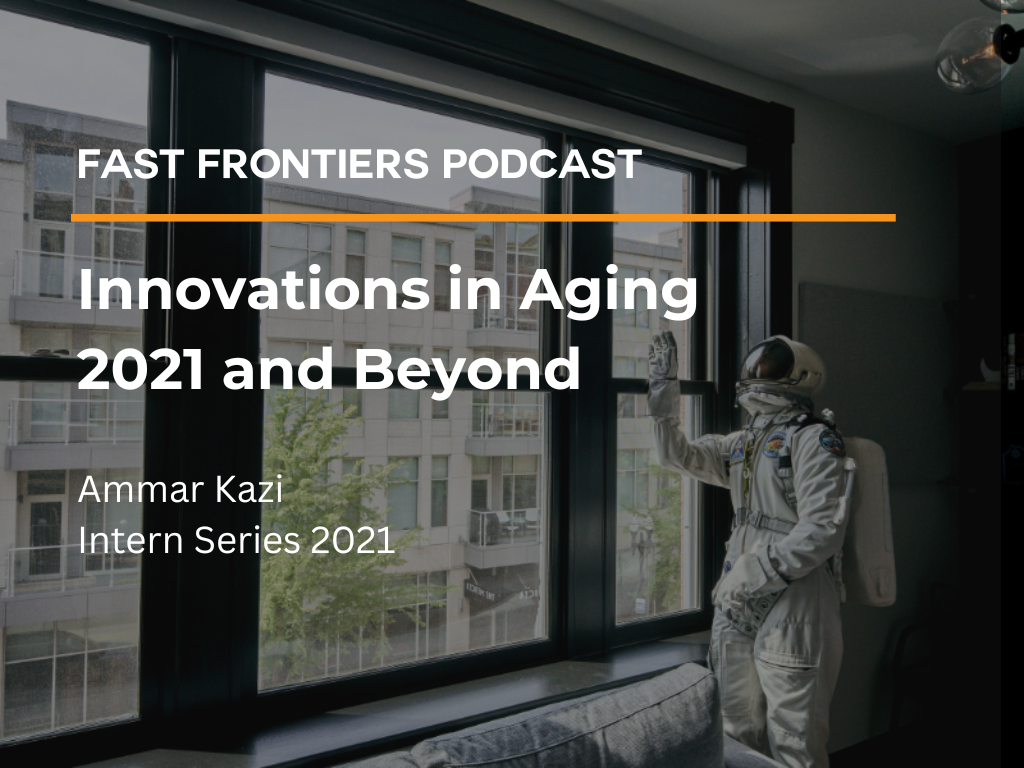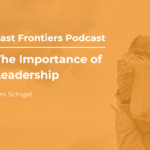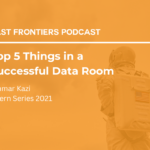One of Refinery Ventures’ aims is to explore industries set to experience significant impacts on daily life and innovate within them. Innovation in aging, one of life’s most complicated processes, has been minimal to date. Aging refers to the process of sequential change in an organism that increases the likelihood of debility, illness, and death. However, recently there is a growing tendency to view old age as a disease, similar to any other process that can kill humans in a “natural” way.
A New Way to View Aging
The aging process may be treatable and even curable. Andrew Scott and colleagues published a paper attempting to answer the question: What are the gains from targeting aging itself compared to efforts to eradicate specific diseases? Based on a value of statistical life model (VSL) they estimated that a slowdown in aging that increases life expectancy by one year would be worth $38 trillion and $367 trillion by 10 years. As aging becomes a far more significant issue, research and funding will increase exponentially for longevity-focused companies.
Important to note, VSL is higher than the expected income earned by a person in a lifecycle, because it also factors in quality of life aspects like leisure, and time.
Scientists and biohackers have been using traditional biotech methods and drugs such as Metformin and Rapamycin to extend the lives of humans. This leads to the more interesting question of what software will be at the forefront of making these benefits accessible to millions.
Innovations in Health Metrics and Tracking
One answer could be personal health dashboards. Like the recent explosion in data visualization startups that help businesses understand and improve their business functions and profitability, we need to have personal health data visualization startups that help individuals understand and improve their health functions and longevity.
As of now, the only way to get long-term credible and actionable insights about health is to visit the doctor’s office, but many patients wait until it’s too late before seeking advice. It’s absurd that this is still true in 2021 when I have a computer in my pocket at all times and countless biotrackers from my Fitbit to Oura Ring tracking important health metrics daily.
To explore software applications in longevity, we should first look at some of the things that effect life expectancy that can be tracked on a dashboard: diet, stress, sleep, and exercise. Fasting and diet tracking are not new concepts, but combining them into an easy-to-understand tool to provide insights into your food lifestyle would be beneficial. Defining stress as a metric is less quantitative. This metric is best suited as a tool for gauging stress levels throughout the day so that quick management tools are recommended. Many mental health startups are making this metric a business by providing actionable insights into how a “patient” can better manage stress throughout the day. Even though diet and stress may not need external data for valuable insights, sleep and exercise mostly rely on wearables.
How to Gather Accurate Health Data
To properly include sleep and exercise data, longevity dashboards would need to pull data from personal health monitors (sleep trackers, glucose monitors, and fitness trackers). Biometrics such as total REM and resting heart rate are important predictors of longevity. The metrics provide a more accurate connection to users’ lifestyles, as they do not rely on self-reported data found in measuring diet and stress.
With time, data visualization of biometrics becomes less useful. It becomes more powerful to use the collected data to recommend what sleep schedules, fasting regimens, and stress management habits benefit the user. This can only be accomplished by starting to track data and incentivizing people to track it so that these recommendations can be built. Another ambition (to some social media cynics, a dystopia) would be to turn these dashboards into a social media where people are inspired and exposed to different lifestyles.
Granted, some of the ideas around health data tracking may be a little too “big brother” for society right now, but as we evolve there are certainly going to be fantastic innovations. Everyday life is often a great place to look for innovation opportunities and aging and the technology within are sure to see some exciting changes.
To find out more about innovative companies changing the world, visit our blog.



